Preventing high blood pressure, also known as hypertension, is essential for maintaining overall health and reducing the risk of cardiovascular diseases. Here are some strategies you can follow to help prevent high blood pressure :
Adopt a healthy diet :
Focus on consuming a well-balanced diet rich in fruits, vegetables, whole grains, lean proteins, and low-fat dairy products. Reduce your intake of sodium (salt), processed foods, sugary beverages, and saturated and trans fats.
Maintain a healthy weight :
Aim to achieve and maintain a healthy body weight by following a nutritious diet and engaging in regular physical activity. Losing even a small amount of weight can have a significant impact on blood pressure.
Exercise regularly :
Engage in moderate aerobic exercise for at least 150 minutes per week or vigorous aerobic exercise for 75 minutes per week. Additionally, incorporate strength training exercises at least twice a week. Regular physical activity helps to lower blood pressure and improve overall cardiovascular health.
Limit alcohol consumption :
Excessive alcohol intake can raise blood pressure. If you choose to drink alcohol, do so in moderation. The American Heart Association recommends a maximum of one drink per day for women and two drinks per day for men.
Quit smoking :
Smoking causes blood vessels to narrow and harden, increasing blood pressure and the risk of heart disease. Quitting smoking has numerous health benefits, including lowering blood pressure and reducing the risk of heart-related complications.
Reduce stress :
Chronic stress can contribute to high blood pressure. Find healthy ways to manage stress, such as regular exercise, relaxation techniques (deep breathing, meditation, yoga), spending time with loved ones, engaging in hobbies, and getting enough sleep.
Limit caffeine intake :
While the effects of caffeine on blood pressure can vary from person to person, it's generally recommended to moderate your caffeine consumption. Pay attention to how caffeine affects your blood pressure and make adjustments accordingly.
Monitor your blood pressure :
Regularly check your blood pressure to stay aware of any changes or abnormalities. Home blood pressure monitors are available for convenient monitoring. If you notice consistently high readings, consult your healthcare provider.
Limit sodium intake :
Reduce your consumption of sodium (salt), as it can contribute to high blood pressure. Read food labels, avoid adding excessive salt during cooking or at the table, and choose low-sodium or sodium-free alternatives.
Follow your healthcare provider's advice :
If you have hypertension or other risk factors for high blood pressure, work closely with your healthcare provider. Follow their recommendations regarding medication, lifestyle modifications, and regular check-ups.
Remember, it's important to consult with your healthcare provider for personalized advice and guidance tailored to your specific health needs and medical history.
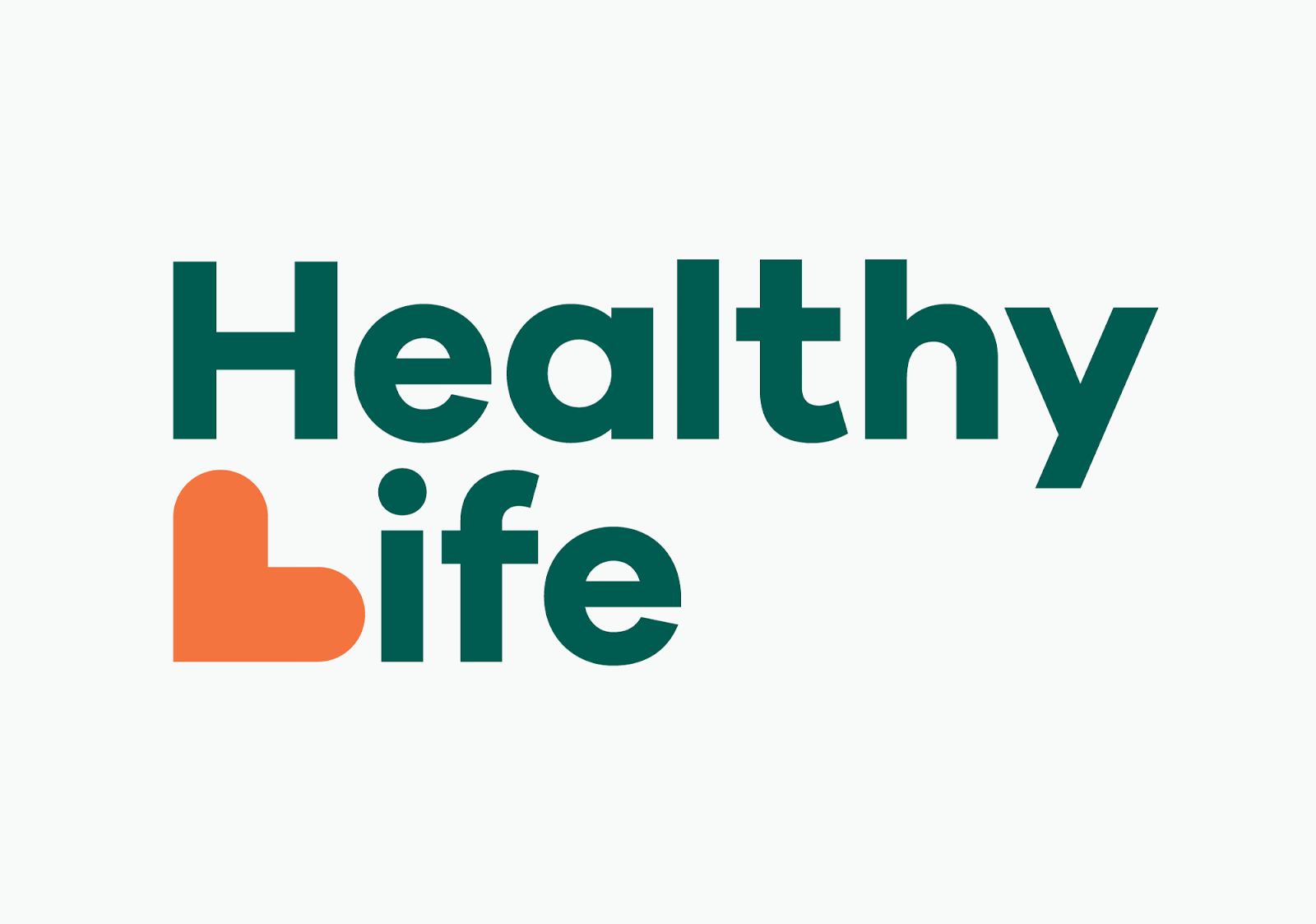
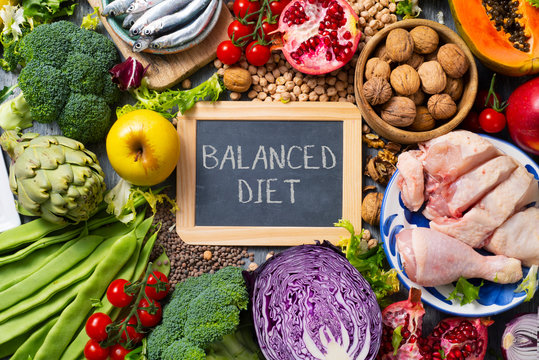
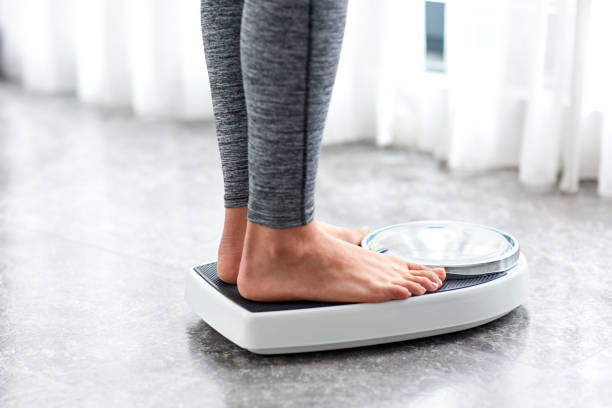

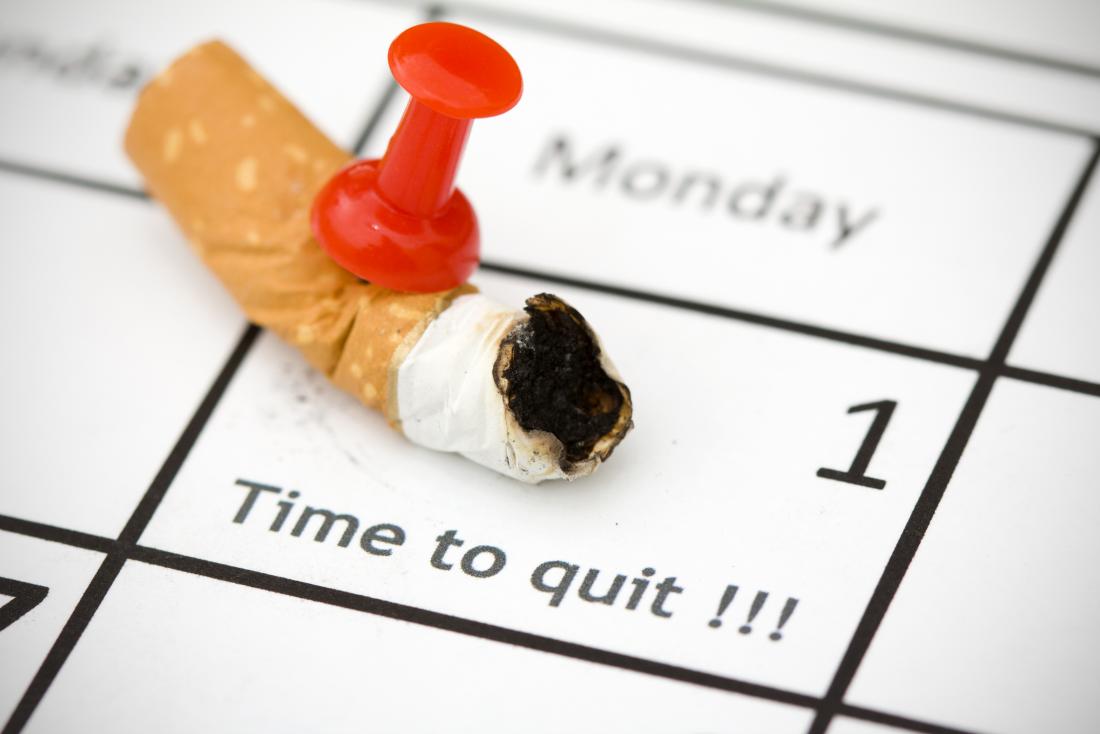


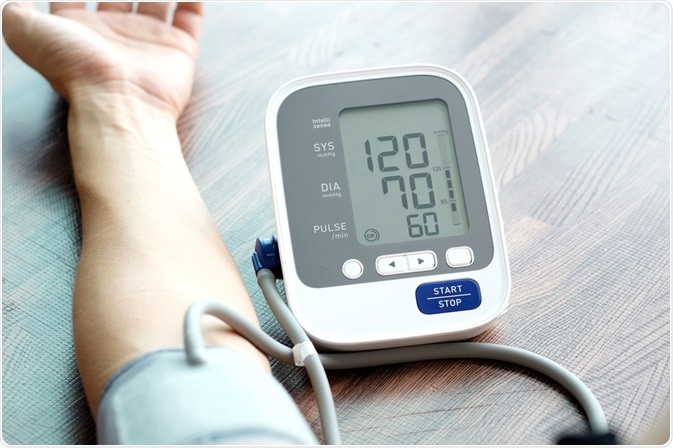
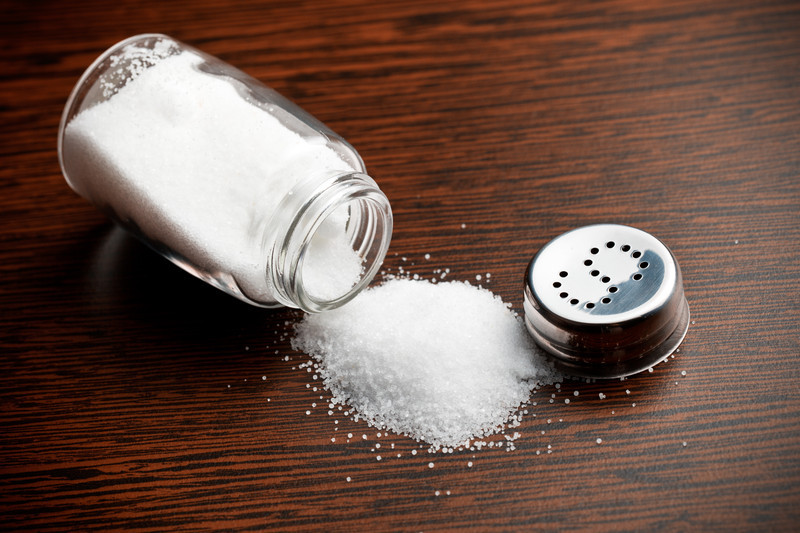

Comments